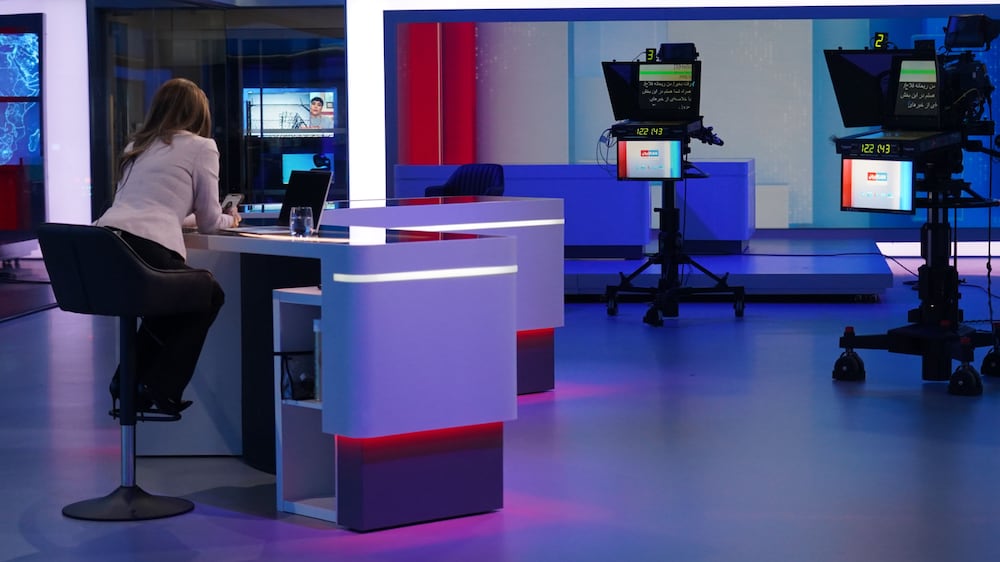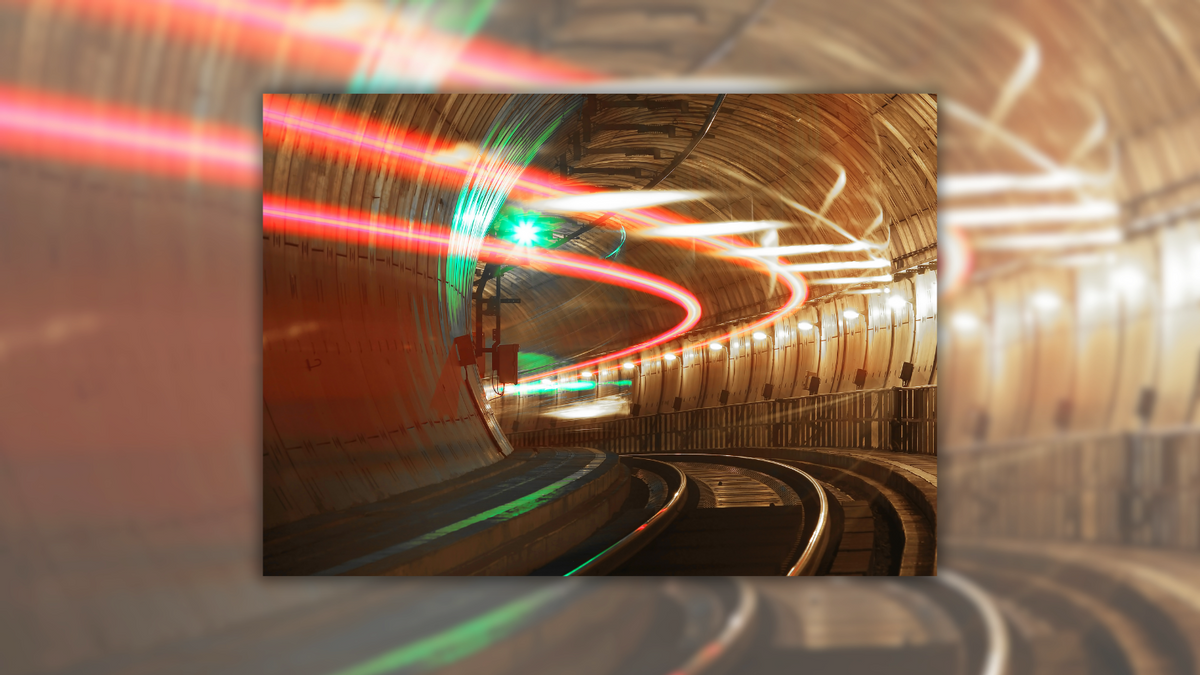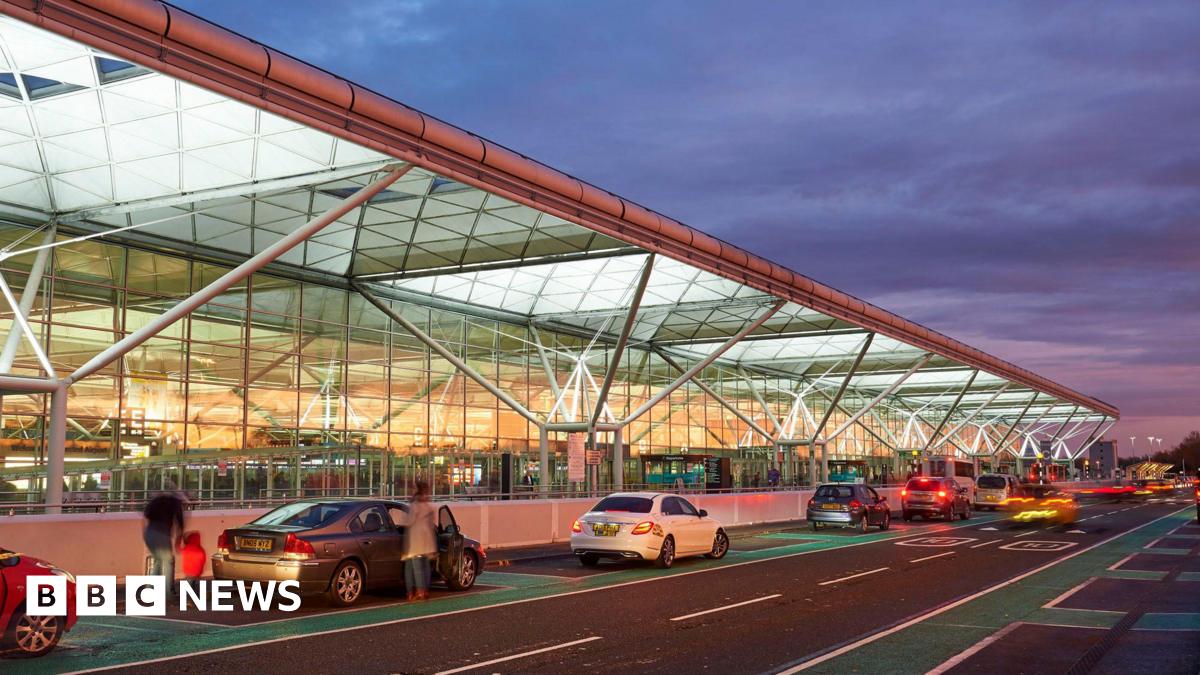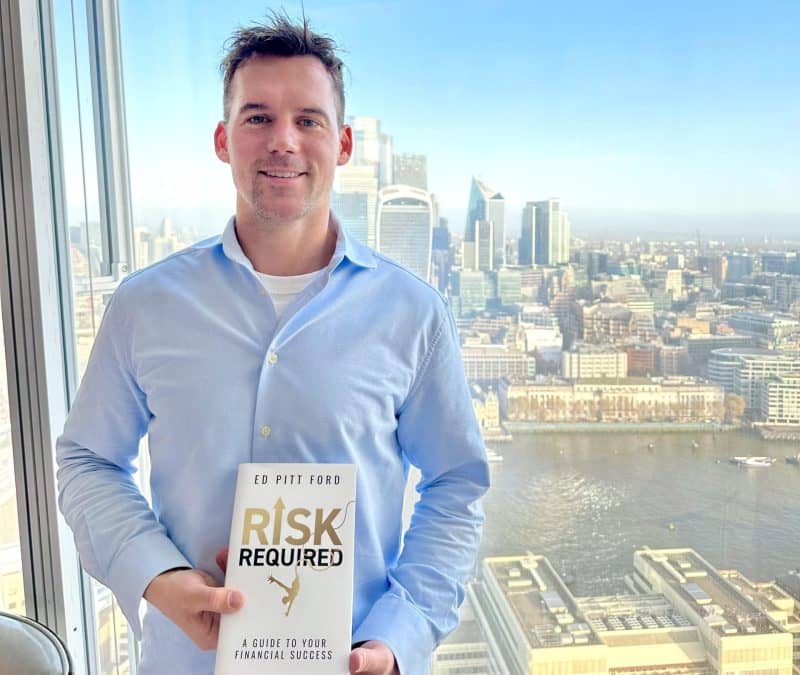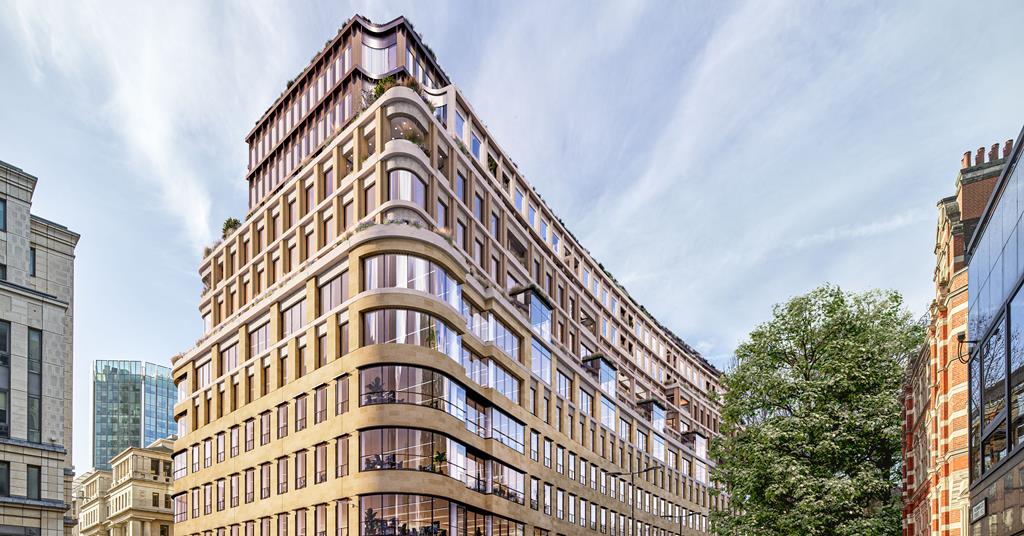Infra
Iran influence in London poses threat to British society, report warns

Iran’s malign influence in the UK poses a “multidimensional threat to British society” with the government being urged to take urgent action to counter it, an influential think tank has stated.
The paper, which was written before Iran’s missile attack on Israel, argued that Tehran had spent decades “curating a politico-religious infrastructure in Britain” that centred on Iran’s “UK nerve centre”, which the report named as the Islamic Centre of England Ltd (ICEL) in Maida Vale, west London.
Policy Exchange, which helps shape some government policy, also called on the security agency MI5 to take more action to prevent the Iranian regime from infiltrating the population.
Iranian clerics should also be barred from obtaining British visas as they are allegedly provoking extremism, the report, entitled Tehran Calling – The Iranian Threat to the UK, states.
Policy Exchange also called for the Islamic Revolutionary Guards Corps to be proscribed under UK terrorism laws “in large part to ensure that contact between it and British citizens is effectively criminalised”.
“It is vital though that proscription is not a glass ceiling, as it has been in the past, but instead serves as a spur for further action,” it added.
David Cameron, the Foreign Secretary, condemned the malign influence waged by Iran in the wake of Saturday’s attacks on Israel and promised further steps by the UK to tackle the IRGC’s role.
“We’ve sanctioned the IRGC, the Iranian Revolutionary Guard, in its entirety, and we’ll continue to look at what further steps we can do,” Lord Cameron said.
Labour renewed its call for the Iranian Revolutionary Guard to be proscribed by the UK government.
“This highlights once again the extreme danger of the IRGC,” said shadow foreign secretary David Lammy.
“We have said that we think they should be proscribed and it’s for the government to come forward with new plans to proscribe them and to deal with this issue of state actors that will behave in this appalling way that wreaks terror on a wider community.”
The Policy Exchange report follows a series of serious terror threats allegedly from Tehran’s operatives against the independent Iran International television station, based in London, and the stabbing of one of its journalists, Pouria Zeraati, last month.
The Islamic Centre of England’s director was appointed by Iran’s supreme leader, Ayatollah Ali Khamenei, Policy Exchange disclosed.
“ICEL is not merely some dry, arid religious institution, rather it sits at the centre of a substantial network of Iranian influence operations within this country,” wrote the report’s author, Dr Paul Stott.
The report says the country is also seeking to “wield significant social and cultural influence” by imposing blasphemy codes and creating institutions that “project power and influence” on behalf of Iran.
With Iranian flags flying at pro-Palestinian protests in this country, the report stated that Iran “constitutes a multidimensional threat to British society – one which requires urgent government action”.
Iran International TV resumes operations from London
For the first time the report named Hashd Al Shaabi militias, known as the Popular Mobilisation Forces, as hosting pro-Iranian activists who were particularly active in London.
Iran’s supporters were also looking to influence major protests in Britain but there was “limited evidence the authorities have fully scoped this reality”.
Senior clerical figures closely tied to the ruling regime had travelled freely between Tehran and London, and that had continued despite Tehran imprisoning British citizens such as Nazanin Zaghari-Ratcliffe.
The report urged the government to no longer issue visas to Iranian nationals who worked at ICEL or to the country’s clerics. “Iran is a hostile, clerical state,” it said.
It called on Home Secretary James Cleverly to order MI5 and the Home Office to counter Iranian subversion in the UK “as an immediate priority”.
“This should include a focus on Iranian efforts to shape pro-Palestinian protests, which are likely to negatively impact UK social cohesion and counter-extremism policies,” it warned.
Furthermore, MI5 should provide an annual threat statement, covering the types of extremism it is countering.
The statement should cover trends in Islamic extremism as well as far-right organisations and threats from states such as Iran.
Policy Exchange highlighted Germany’s Federal Office for the Protection of the Constitution, which produces a similar annual report.
“The Home Secretary must request the same of MI5,” the report said.
Updated: April 16, 2024, 10:16 AM

